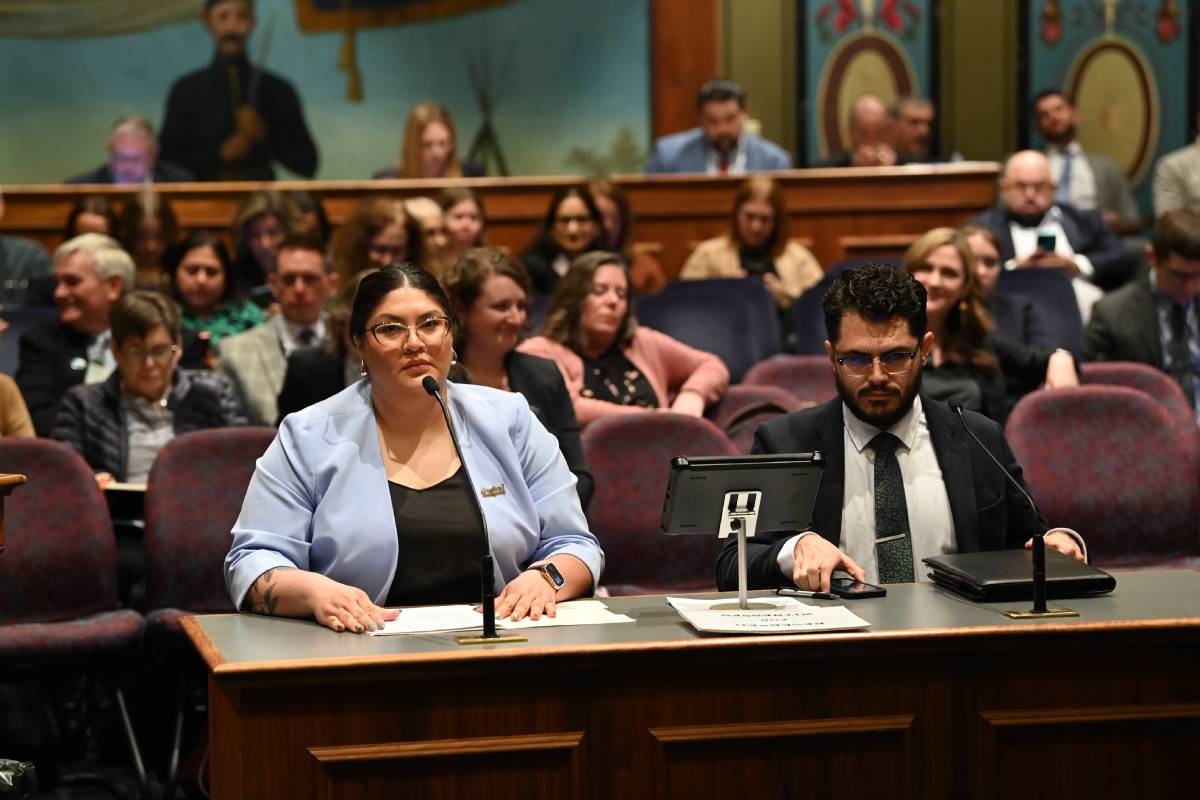 SPRINGFIELD — In a recent initiative passed through the Senate Environment and Conservation Committee, State Senator Graciela Guzmán would create a task force studying the impacts of climate displacement, and develop plans to better support the communities most impacted.
SPRINGFIELD — In a recent initiative passed through the Senate Environment and Conservation Committee, State Senator Graciela Guzmán would create a task force studying the impacts of climate displacement, and develop plans to better support the communities most impacted.
“Nearly every week on the news, there are reports of a severe environmental disaster that is devastating communities around our country and across the world,” said Guzmán. “From tornadoes and blizzards that impact us in Illinois, to fires, earthquakes, and hurricanes that wreak havoc throughout our country, we are all impacted by climate change, and may be displaced by the resulting damage from these extreme storms. We need to start planning for how to best support folks who will become displaced by climate change, and work on ways to prevent damage from volatile weather in our own communities, and this initiative will help lay the ground work to address these issues.”
Climate displacement is the forced or voluntary migrations of people due to climate change or environmental degradation. With rising global water levels and more extreme weather events, Midwestern states like Illinois will see an increase in the number of people trying to escape these situations, both from other states and other nations. Without a plan in place to support the displaced individuals, there may be destabilizing impacts on the state’s infrastructure.
“The Illinois Environmental Council is looking to build out a Climate Displacement Task Force so that our State Agencies are prepared for when the worst effects of Climate Change cause people to flee their homes,” said Legislative Director of the Illinois Environmental Council Danny Robles. “We are eager to work with Senator Guzmán to ensure that Illinois is ready to meet the challenge of welcoming displaced people into our state.”
To better prepare for a potential influx of new Illinoisans displaced by climate change, Senate Bill 1859 would establish a task force to identify future resource needs, support community resilience, and develop policies in collaboration with residents, advocates, and industry stakeholders. The bill would also require that the task force present an initial report delineating the task force's findings, conclusions, and recommendations to the General Assembly no later than June 30, 2026.
“Whether folks believe in climate change or not, its impacts are here, and will become all of our problems sooner rather than later,” said Guzmán. “This measure will help us come up with the best plan to support people who will be displaced by climate change, while grounding ourselves in the strength of our state and local communities to weather these storms.”
Senate Bill 1859 passed the Senate Environment and Conservation committee on Thursday.













 © 2026 Illinois Senate Democratic Caucus
© 2026 Illinois Senate Democratic Caucus